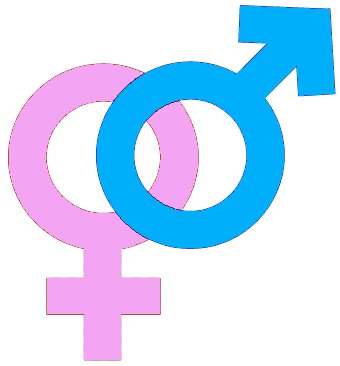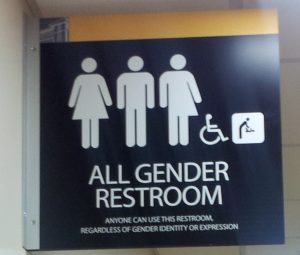Single-Sex Activities: Identifying Gender Discrimination

Single-sex programs or facilities in NYC must be made available to people despite the sex that they were assigned at birth according to the NYC Human Rights Law (NYCHRL). These facilities can include restrooms or changing rooms. Additionally, entities must allow people to use these programs and facilities despite their:
- – anatomy
- – medical history
- – appearance
- – sex on their identification

Furthermore, people to do not need to make additional restrooms or make all of the existing ones gender neutral. Places that have only 1 restroom should make it obvious that they can be used by people of all genders.It is important to note that people may refuse to share a bathroom or program with a transgender person. Such refusals cannot prevent transgender people from accessing these places or activities.
It is important for people in management–like employers or landlords–to understand gender nonconforming rights to single-sex programs and places. Ignoring such rights can result in costly legal fees. The following are some examples of NYCHRL violations pertaining to single-sex activities and restrooms:
Examples of NYCHRL Violations
People should able to use a restroom or program regardless of whether or not they fit a sex stereotype. Entities that deny access because of a stereotype are violating the Law. For example, a male sports team cannot turn away a male member because he looks too feminine. It is also a violation to forbid a transgender person from using a single-sex program or facility that is compatible with their gender identity. Additionally, transgender people do not need to show proof of their gender in order to gain access to single-sex activities or places. It is illegal for a company to ask for proof.
A company cannot make a transgender person leave a place because they are afraid that people will become uncomfortable. They can’t prevent them from entering places or joining programs either. Unfortunately, This violation happens very often. Finally, a company cannot force a transgender person to use a single-occupancy restroom.
